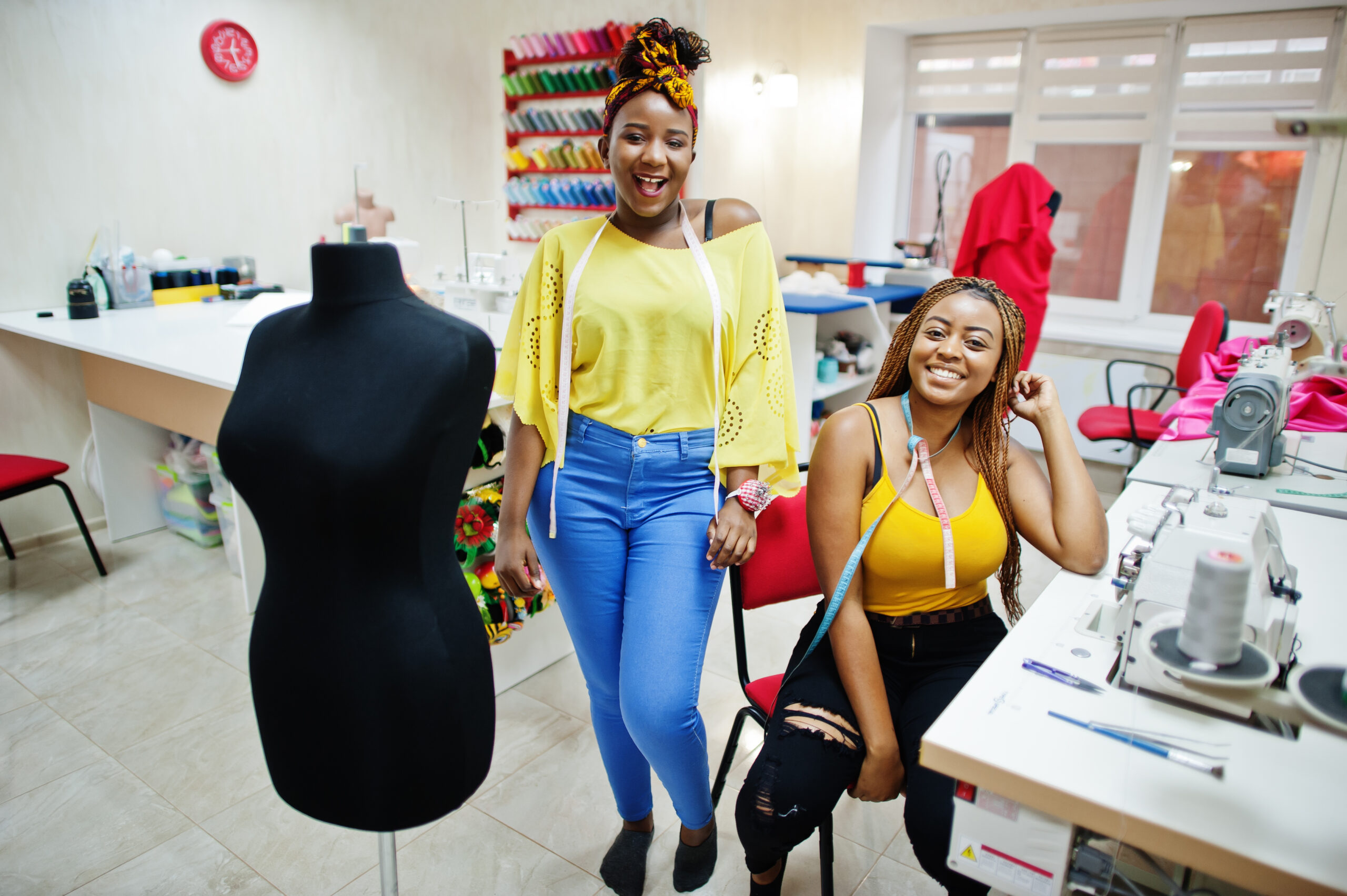Africa’s indigenous fashion industry is a vibrant and thriving ecosystem, showcasing the continent’s rich cultural heritage and diverse design talent.
From the bold prints and intricate beadwork of West Africa to the sophisticated silhouettes and sustainable materials of East Africa, African fashion is gaining recognition on the global stage.
Ghana
Ghana is a leader in Africa’s indigenous fashion industry, with a thriving scene of local designers and fashion events. Some of the most notable Ghanaian designers include:
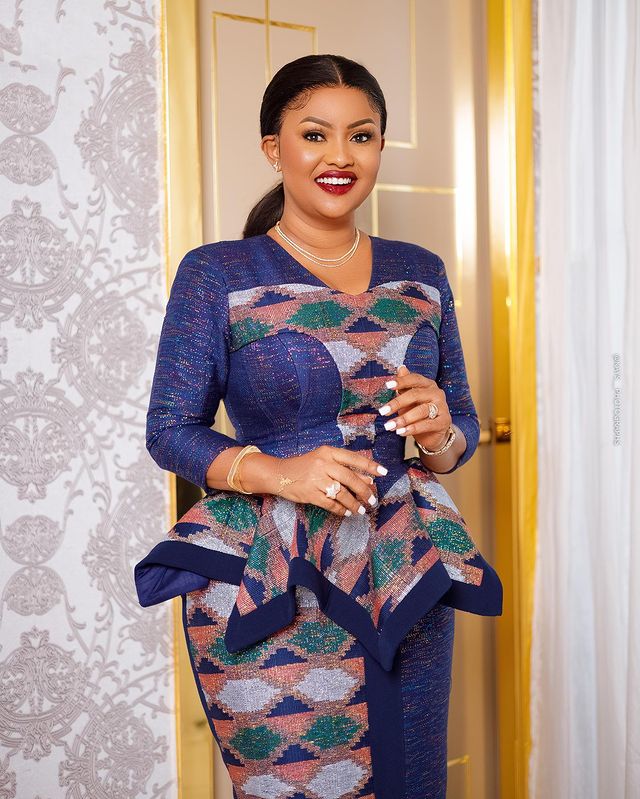
- Abrantie The Gentleman: This brand is known for its tailored menswear with a modern twist, often incorporating traditional Ghanaian fabrics and motifs.
- Christie Brown: This label is renowned for its feminine dresses and skirts, featuring bold prints and exquisite craftsmanship.
- Kente Gentlemen: This brand specialises in traditional Ghanaian kente cloth clothing for men and women.
Ghana is also home to a number of fashion events, such as the Accra Fashion Week and the Ghana Fashion Awards, which showcase the best of Ghanaian fashion to the world.
South Africa
South Africa is another hub of African fashion, with a diverse range of designers and brands. Some of the most popular South African designers include:
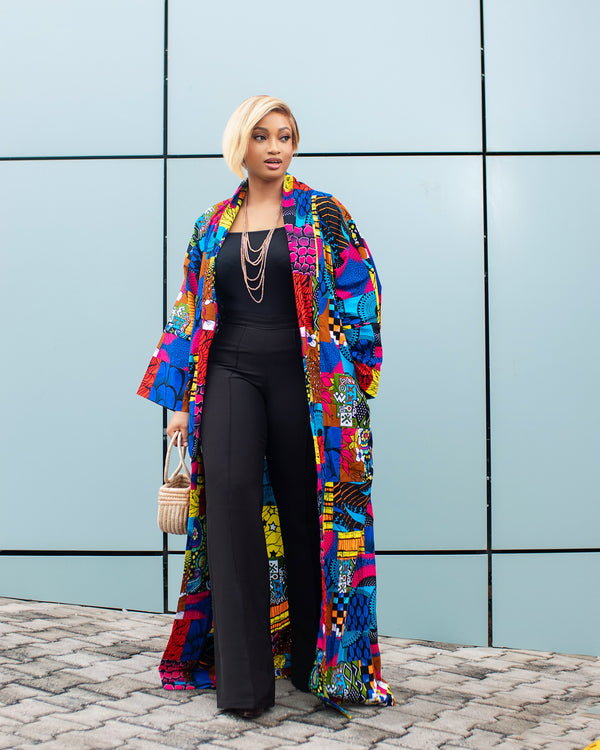
- David Tlale: This award-winning designer is known for his glamorous gowns and couture evening wear.
- Mantsho: This brand creates contemporary clothing with a focus on sustainability, using locally sourced materials and ethical production practices.
- Thebe Magugu: This young designer has quickly made a name for himself with his thought-provoking and innovative designs.
South Africa is also home to a number of fashion events, such as the Mercedes-Benz Fashion Week South Africa and the South Africa Fashion Week Cape Town, which attract international buyers and media.
Other African Countries
In recent years, there has been a growing interest in African fashion from all over the world. This is due in part to the rise of social media, which has given African designers a platform to showcase their work to a global audience.
Some of the most notable African designers from other countries include:
- Imane Ayissi (Cameroon): This renowned designer is known for his elegant and luxurious designs, which are often worn by celebrities and royalty.
- Lisa Folawiyo (Nigeria): This award-winning designer is known for her vibrant and feminine designs, which often feature bold prints and intricate beadwork.
- Kenneth Ize (Nigeria): This young designer is quickly making a name for himself with his use of traditional Nigerian fabrics and his innovative silhouettes.
Trends
African fashion is undergoing a transformative evolution, with several key trends shaping the industry. Here’s a detailed exploration of some of the prominent trends defining African fashion today:
Sustainability: A notable trend in contemporary African fashion is a shift towards sustainability. Many designers on the continent are embracing environmentally conscious practices, opting for sustainable materials and ethical production methods.
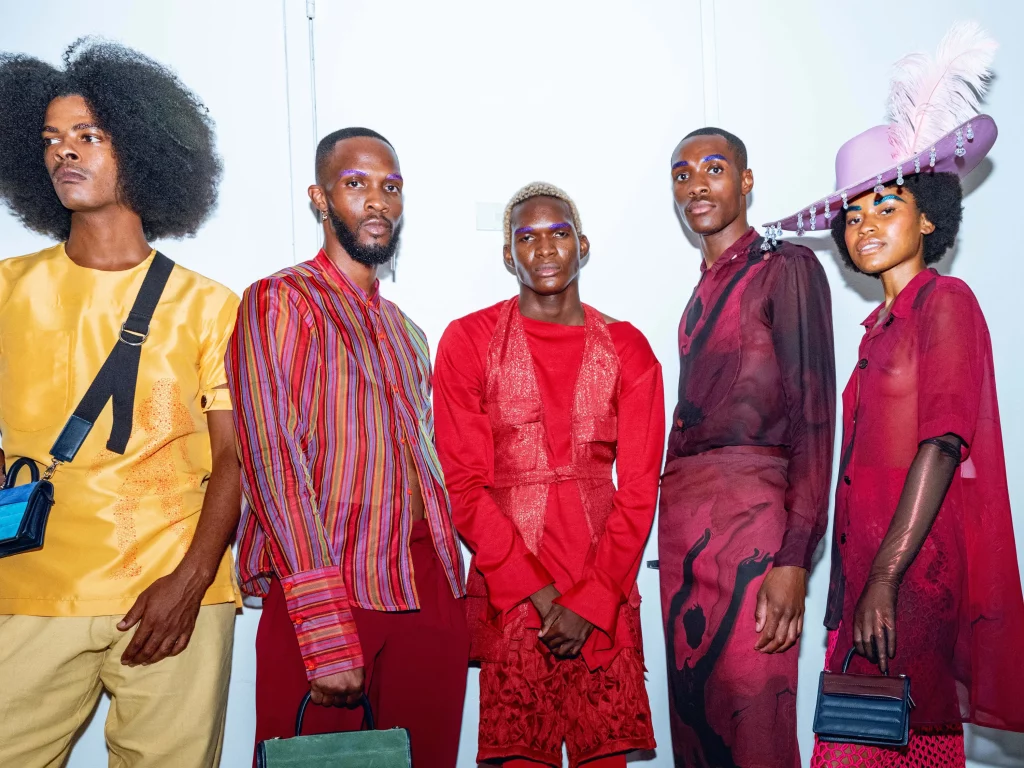
This shift underscores a heightened awareness of the ecological footprint of the fashion industry and a commitment to mitigating its impact. By incorporating eco-friendly elements, African designers are contributing to a global movement towards a more sustainable and responsible approach to fashion.
Cultural Heritage: African designers are increasingly celebrating and drawing inspiration from their rich cultural heritage. This trend manifests in the incorporation of traditional fabrics, motifs, and craftsmanship techniques into modern designs.
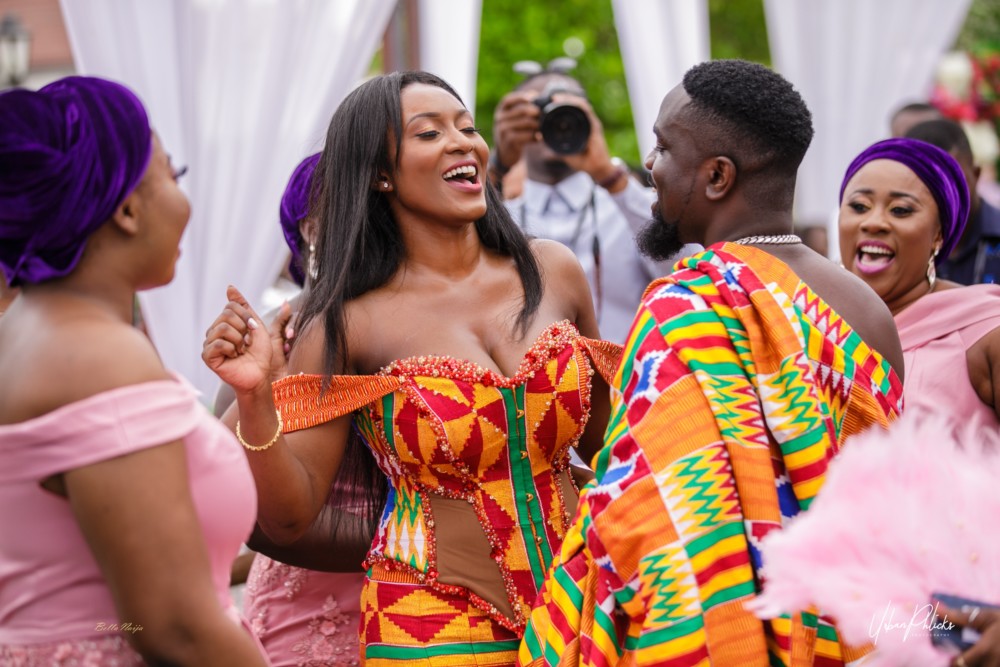
By fusing contemporary aesthetics with elements rooted in cultural traditions, designers are not only preserving heritage but also creating unique and distinctive fashion statements. This trend reflects a broader appreciation for the diversity and authenticity of African cultures in the global fashion landscape.
Gender Fluidity: Another progressive trend in African fashion is the creation of gender-fluid clothing. Designers are challenging traditional norms and embracing a more inclusive approach to fashion that transcends conventional gender boundaries.

This trend mirrors evolving attitudes towards gender identity and expression in Africa, contributing to a more diverse and accepting fashion landscape. The emergence of gender-fluid designs not only reflects societal shifts but also fosters a sense of freedom and self-expression in the realm of African fashion.
These key trends collectively represent a dynamic and forward-thinking landscape in African fashion, where sustainability, cultural pride, and inclusivity intersect. As the industry continues to evolve, these trends not only shape the aesthetics of African fashion but also contribute to global conversations on ethics, identity, and the future of the fashion industry.
African Fashion a Flourishing Force
In conclusion, Africa’s indigenous fashion industry stands as a vibrant and flourishing force, making noteworthy strides on the global fashion scene.
Local designers and brands from the continent are gaining well-deserved recognition, drawing attention for their distinctive contributions to the world of style.
African fashion, characterised by its vibrant colours, bold patterns, and impeccable craftsmanship, captivates audiences worldwide.

